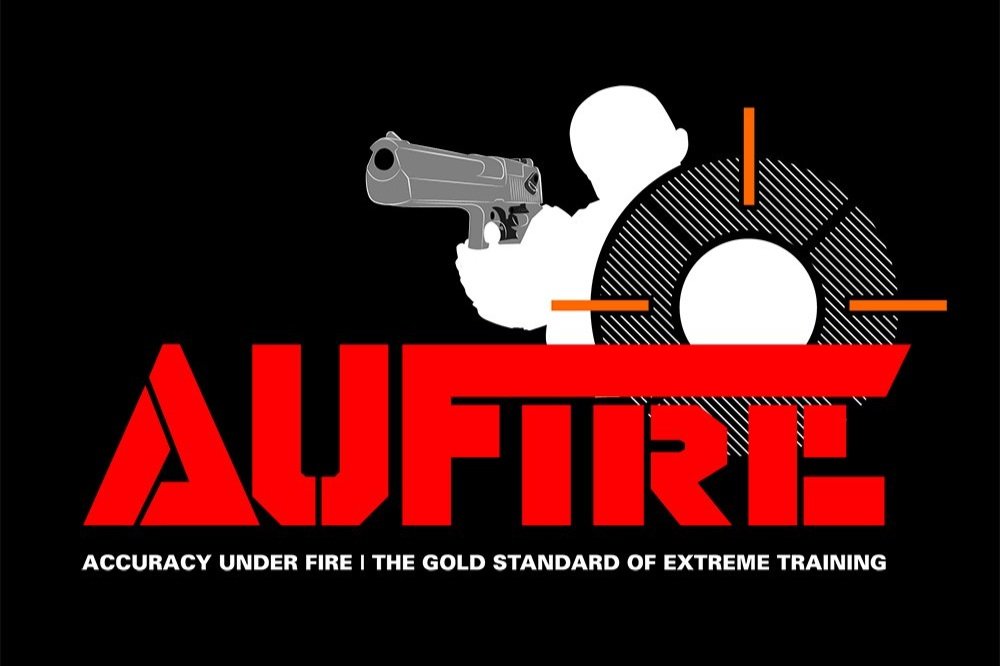Navigating the Dangerous Assumption That Cops Can’t Shoot First
Resources > Blog > Navigating the D…
October 4, 2022 — There is a reason why the term “veteran” is such a prized title across multiple industries. Veterans of combat have the ability to display nerves of steel under the most intense fire and somehow, make life and death decisions in a split second. Veteran business leaders remain steadfast during turbulent markets and even veteran parents seem to navigate the perils of raising a teenager with ease. My friends, the law enforcement community is no different. We value cops who have seen a thing or two and done a thing or two over the years and we rely on those veterans to school the rookies as the realities of their new profession. However, we are facing a dilemma in the law enforcement community that is taxing both rookies and veterans alike. It’s a conversation that we must have now, before we lose another brother or sister in blue to this dangerous public assumption. Namely, that good cops don’t shoot first.
Gunfights Are Notoriously Unkind To The 2nd Place Finisher
The national conversation around policing over the past 6 to 8 years has created a damning dilemma in the minds of law enforcement officers from sea to shining sea. Do I shoot first and risk creating a national incident or do I wait until I hear the snap and crack of a bullet flying in my direction and risk making an orphan out of my children. It might seem like an obvious answer, as self-preservation is a powerful driver of human decisions. Then again, there are many ways to ruin a life and most draw little distinction between death and spending the next 30 years in prison for a bad shoot.
Veteran police officers who have drawn their firearm countless times are perhaps less willing to risk it all and are now hesitating. Rookie officers who are thrown into a life or death situation early in their career are often waiting for someone else to shoot first. The inevitable result is that we will see a higher number of officers who not only receive fire first, but receive accurate fire and find themselves wounded in a fight for their lives. We must prepare officers to mentally process this dilemma at great haste and we must prepare officers to stay in the fight when wounded. Anything less is morally irresponsible.
Going Backwards In Law Enforcement Training Is Not An Answer
To be clear, the answer is not to go backwards. The answer is not to have law enforcement officers believing that they can fire in the line of duty without any accountability for their actions. Our community has been plagued by officers who demonstrate such a mindset and either through an inability to manage fear or reckless disregard, they fire when they should not. Most veteran law enforcement officers could tell you who these officers are and most would rather not show up at the same call as them.
So, if backwards is not the answer, then the remedy must be forwards. It must be leaning into the unprecedented training opportunities afforded law enforcement officers in this nation. We must train officers to observe, orient, decide, and act in a recurring loop with great speed. Equally, we must help officers manage the fear of getting shot and prove to them that they can stay in the fight and return fire in this scenario.
Officers Can And At Times, Must Shoot First
No two single law enforcement interactions are alike and for as many as you can come up with where it is wrong for an officer to shoot first, we can find one where they must. It is intellectually dishonest to apply a one size fits all approach to law enforcement. The incontrovertible truth is that when faced with great peril, law enforcement officers will not rise to the occasion in those moments. Rather, they will fall to the highest level of their training and preparation. Department leaders across this nation have the responsibility to push the ceiling of that training and preparation ever higher.
We cannot handcuff our communities by allowing this misguided notion that officers can’t shoot first to prevail. We must be accountable for the profession we have chosen and the decisions we make in uniform, but we can’t let officers answer the next call with this misguided belief driving their decisions. We must prepare them for what they will face and that includes the possibility that they will be wounded in action and still very much in a fight.
That’s why the AUFIRE system was created. Never before have we been able to simulate that scenario with such precision. Look, if I could remedy this national conversation to ensure that bad shoots never take place and every officer goes home at the end of their shift, I’d gladly give my life doing so. I can’t solve every problem facing our communities, but I can help prepare officers for the day they and their families dread most. I can help keep officers in the fight in an era where, unfortunately, good officers are going to hesitate because of this national conversation. Godspeed to our officers. Godspeed to our communities in pursuit of peace and justice. Godspeed to the future of law enforcement that we all deserve.
